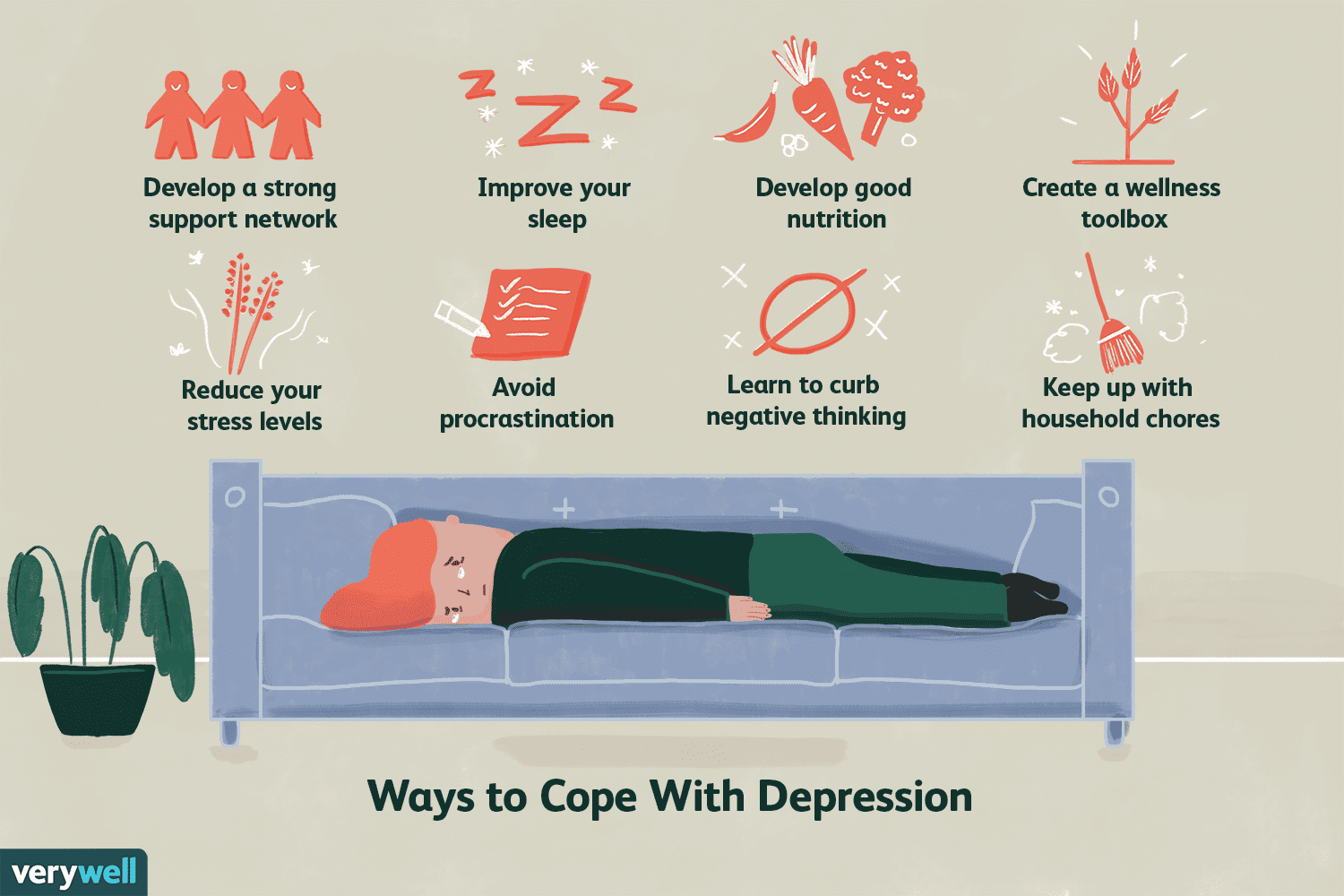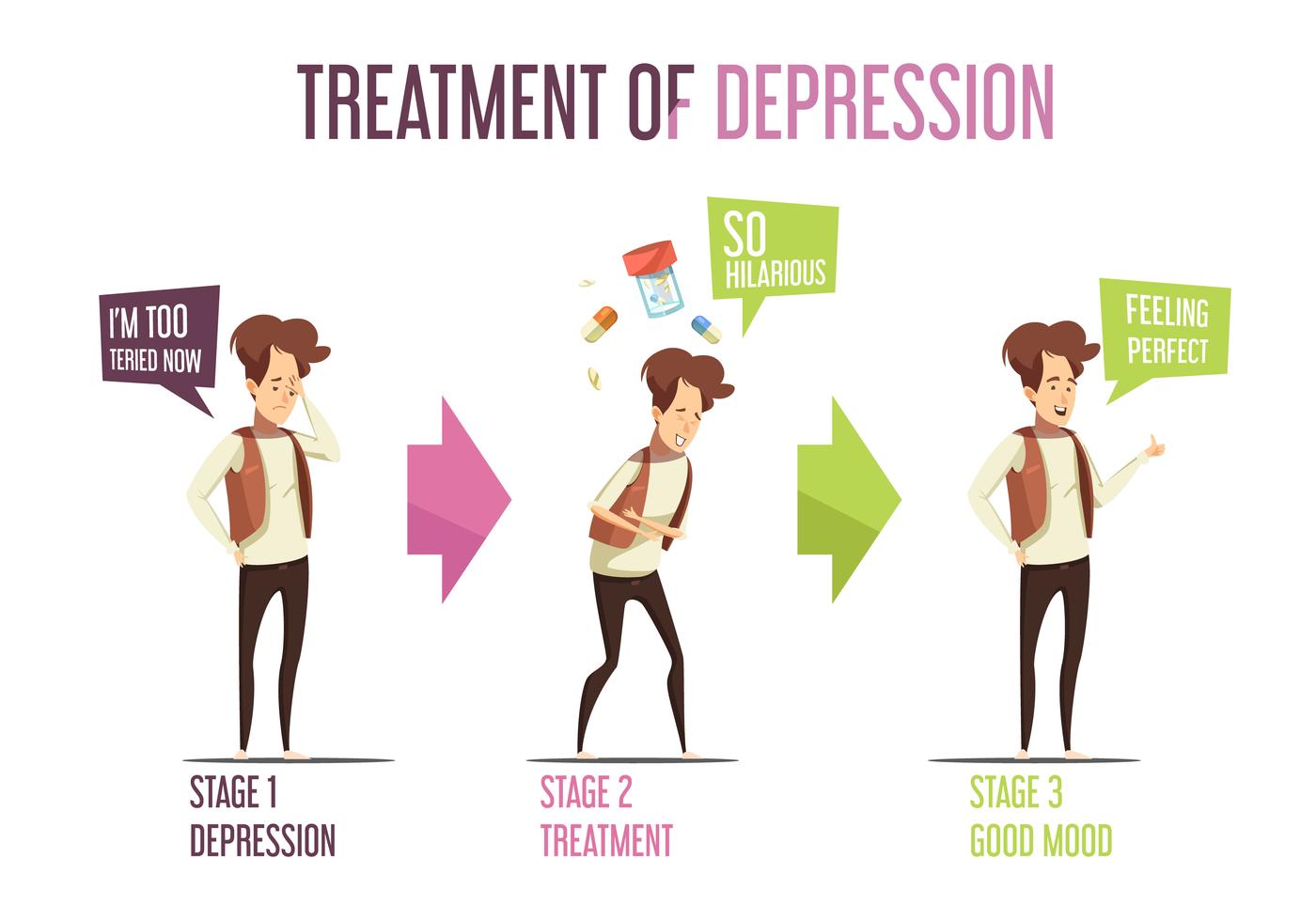Depression is a serious mental health condition that can profoundly impact an individual’s daily life. Fortunately, online depression counseling has become increasingly popular and accessible in recent years. However, to get the most out of your virtual therapy sessions, it’s important to take proactive steps to maximize their effectiveness. Here are seven tips for making the most of online depression counseling.

1. Establish Clear Goals:
The first step in any successful online therapy session is to establish clear goals with your therapist. This will allow you both to measure progress as well as provide direction for future sessions. Take some time prior to your session to think about what you want to accomplish and make sure to communicate this with your therapist.
2. Practice Self-Care :
It is essential that you prioritize self-care when engaging in online depression counseling. This may include things such as getting enough sleep, eating nutritious meals, exercising regularly, and taking breaks throughout the day if needed. Taking care of yourself physically and mentally will enable you to approach each session with energy and focus which will help promote positive outcomes from them overall
3. Create A Comfortable Environment:
Creating a comfortable environment is also important for virtual therapy sessions – this means finding a place where you are free from distractions and have access to all the materials you need (such as paper or a laptop). It also means ensuring that the space around you feels safe – make sure there are no triggers that could aggravate symptoms of depression, such as reminders of past trauma or stressful situations.
4. Be open and honest:
To get the most out of your virtual therapy sessions, it’s important to be open and honest with your therapist. Many people with depression feel ashamed or embarrassed about their thoughts or feelings, but remember that talking about these experiences can lead to healing and growth. Also, being able to tell someone how you feel without judgement can be liberating.
5. Prepare for each session:
Having an idea in advance of what topics or issues you would like to discuss during each session will help maximise its effectiveness. You don’t need to have everything planned, but having a few ideas at the ready can help ensure that every minute spent together is productive and meaningful.
6. Do homework:
If your therapist gives you homework between sessions, make sure you follow through to maximise the effectiveness of the sessions. Although it may be difficult to complete assignments immediately, doing so creates lasting change within yourself, which is ultimately why you chose to seek professional help in the first place.

7. Use technology to stay connected:
There are many technologies available nowadays that help therapists stay connected even when they’re not physically present in the same room, such as video conferencing, Skype, emailing, etc. These tools are great way to keep the momentum up between appointments, ask questions, set and receive feedback on a real-time basis, not just during the actual sessions themselves.




